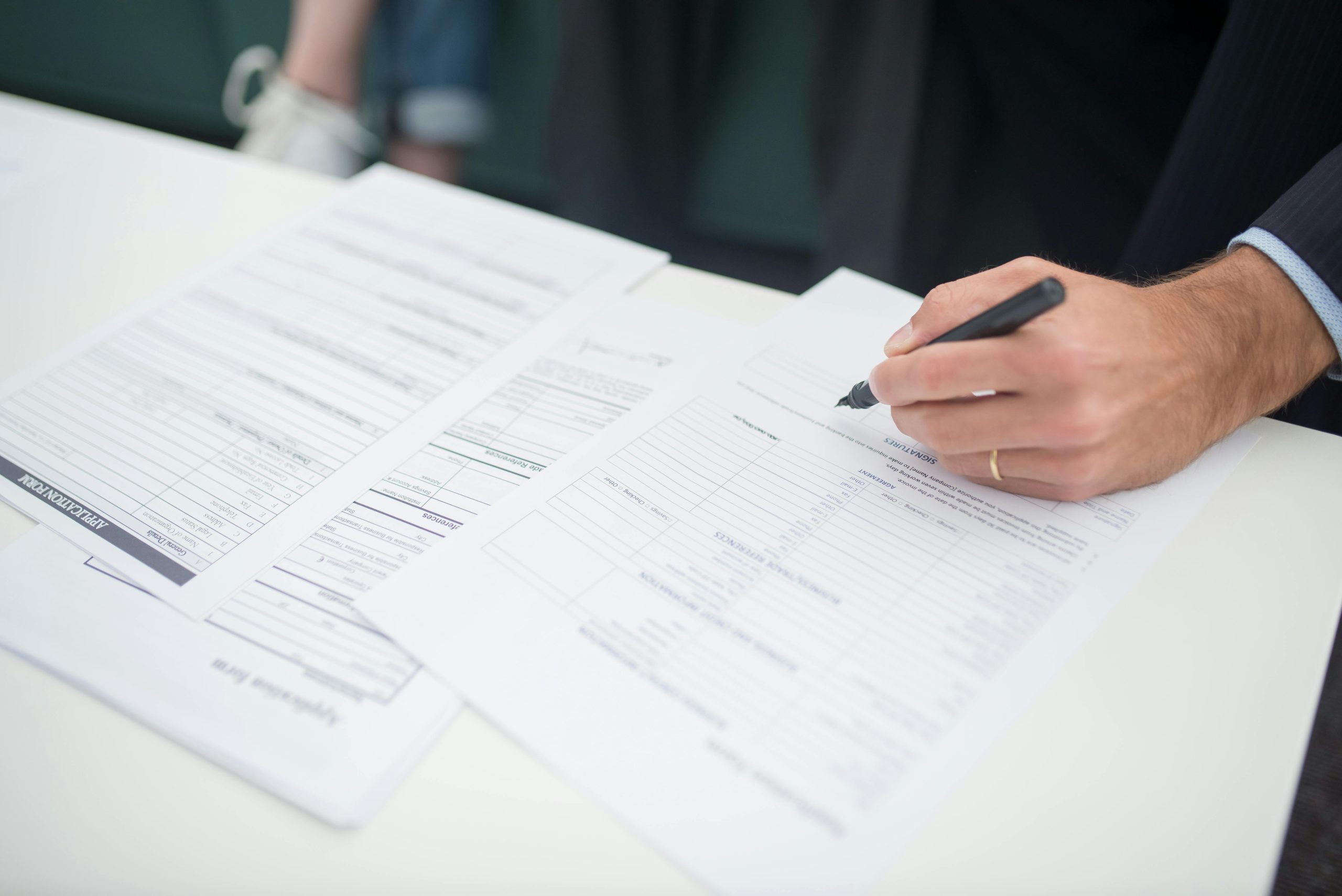Resolving Vehicle Damage Disputes in Apartment Complexes: A Personal Experience
Living in an apartment complex often comes with its own set of challenges, especially when it comes to shared spaces like parking garages. Recently, I encountered a frustrating situation involving my neighbor that I think many can relate to.
In our complex, each unit has an assigned garage spot. However, I’ve noticed that my neighbor—who drives a significantly large vehicle—seems to have trouble respecting the boundaries of their space. Unfortunately, this has resulted in my car suffering from numerous paint chips on the passenger side, evidently caused by their vehicle’s door swinging open too forcefully as they enter or exit.
To document the damage, I took several videos that clearly show the neighbor making contact with my car. Despite this evidence, they have denied any responsibility and are unwilling to share their insurance details. This leaves me in a bit of a bind.
After speaking with my insurance provider, I learned that in cases like this, it may be necessary to involve the police to obtain the neighbor’s insurance information—especially if they refuse to provide it directly. However, I find myself uncertain about this course of action. Will the police really assist in such a matter, or is there another way to resolve this?
This situation has brought to light the challenges that can arise in shared living arrangements, especially regarding property disputes. If you’ve faced similar issues, I’d love to hear your thoughts or advice on how best to tackle this. It can be frustrating to feel as though your only option is to escalate the situation to law enforcement, but sometimes it feels like the only way to ensure fair treatment.
Navigating these conflicts can be complex, and I believe sharing our experiences can help us find better solutions together.




It sounds like you’re in a frustrating situation with your garage neighbor. Based on your description, you’re dealing with an issue that, while unfortunate, isn’t uncommon in communal living situations like apartment complexes. You’re right to gather evidence with videos, as they can be crucial in resolving disputes over property damage. Here’s what you can consider moving forward:
Understanding the Role of the Police
Calling the Police: While it may seem extreme, involving the police isn’t uncommon in cases where property damage or disputes arise. However, whether they respond can depend on your local laws and the police department’s policies. Typically, police responses can range from documentation of the situation to formally taking reports, particularly if there is clear evidence of negligence or damage.
What to Expect: If you do decide to contact the police, be prepared to provide them with the videos and any other relevant documentation. The police may treat it as a civil matter, especially if the damage is minimal. However, they may assist you in obtaining necessary information and document the incident.
Practical Steps Moving Forward
Document Everything: Aside from the video evidence, keep a detailed log of any interactions you have with your neighbor regarding this issue, including dates, times, and descriptions of conversations. This may prove valuable if legal action becomes necessary.
Notify Your Property Management: Since you’re in an apartment complex with assigned garage spots, consider informing your property management team. They might have a formal process for handling disputes among tenants and could intervene, either by mediating the situation or reminding your neighbor of their parking responsibilities.
Mediation Services: Look into local mediation services. Many communities offer free or low-cost mediation that can help negotiate disputes between neighbors, often with better results than legal action. A neutral third party can facilitate a conversation and help both parties come to an amicable agreement.
Insurance Approach: If your insurance company is pushing for a police report, it might benefit you to follow their advice. Having an official report can streamline your claim process and provide you with a stronger basis for pursuing compensation or forcing your neighbor to yield their insurance information.
Consider Legal Options: If the situation remains unresolved, consulting with a lawyer experienced in property disputes or insurance claims may be helpful. They can offer specific guidance and help you understand your rights in this situation and the appropriate next steps.
Preventing Future Issues